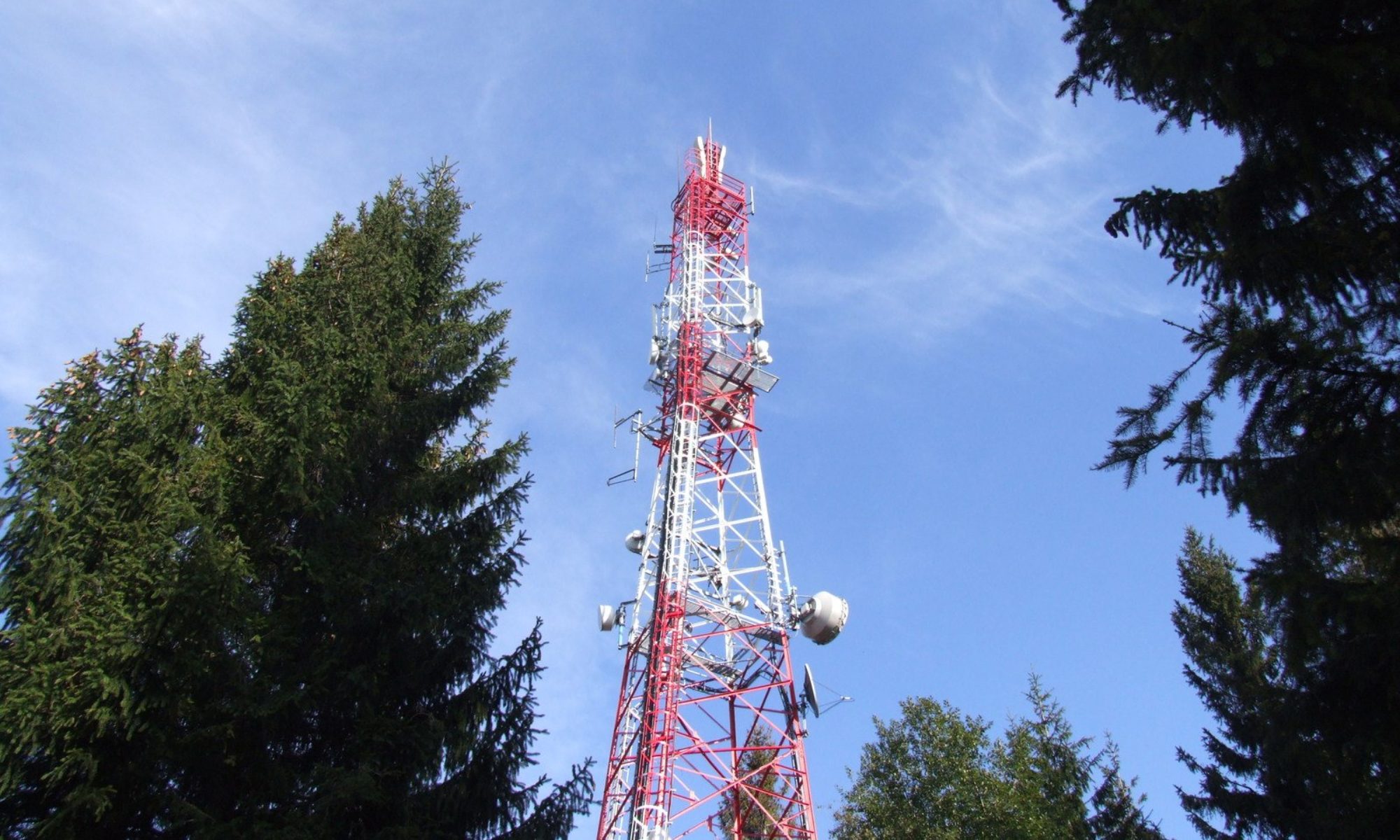This has been at the top of our minds recently as we’ve been dealing with some coordination issues. I thought it might be a good time to go over what a coordinated system is, and why, even though it seems like a lot of “bureaucracy” there are good reasons for handling coordination the way we do. I’ll also mention something in the new bylaws that will help holders of coordination in the future. First, let’s talk about a coordinated system.
A coordinated system is one that:
- Has received a coordination recommendation from the coordinator.
- Has built the system according to the parameters of the coordination recommendation, and has notified the coordinator as such.
- Has NOT made any changes to height, power, mode, frequency, access tones, location, etc.
- Has responded to periodic updates, even if there are no changes.
- Has notified WAR of any changes to the Holder of Coordination, and has kept WAR updated of any changes of contact information.
- That has consistently remained in operation, as defined in our by-laws.
Now, that’s not an all-inclusive list, but at the minimum ALL of those conditions must be met in order to be considered a coordinated system. Note that some of those are on-going requirements. Coordination is not a “build and forget” thing. You must “actively” remain coordinated.
What causes a system to be de-coordinated? Here are some things:
- Failure to respond to periodic updates.
- ANY change to a technical parameter such as mode, modulation scheme, access tone, power, height, location, etc.
- Changes in Holder of Coordination without notifying WAR.
- A “paper” repeater, or a coordinated system that has not been built, or that has been off the air for an extended amount of time without notification as defined in our by-laws.
So, let’s say that you’ve been “on-the-air” for years. Chances are that if you haven’t replied to a periodic update, you’ve been de-coordinated. That means that the frequency that you had been coordinated on can be re-used somewhere else, even if you’ve been there for years.
Why is that? It’s simple, really. If we don’t know you’re there (via periodic updates) then we don’t know that the frequency is being used any more. “Why not assume that it is?” you may ask. Well, if we did that, we’d have a bigger spectrum crunch than what we’re dealing with now! Remember that
coordination not only affects systems in Wisconsin, but also neighboring states. Imagine if we all just “assumed” that systems were on without verification, when in reality, 20% of them were not? That’s a lot of dead spectrum, and when the FCC and other interests “spin the dial” looking for spectrum for the “next big wireless thing”, and hear a whole lot of nothing, what do you think could happen? We want to actively use as much spectrum as possible as efficiently as possible. Since there are systems all over the state, and only a couple of us, periodic updates are the only way for us to do that.
That leads me to a proposed by-law change. One of the changes we’re proposing is to give us the ability to appoint “regional” directors in each “selective access” (tone) area of the state. These would be people familiar with the area. While it does NOT eliminate the need for periodic updates, they could certainly help us with the verification process, and possibly “nudge” along people who need to provide updates.
Finally, a note about modulation schemes (analog, digital, etc.). It is NOT acceptable to simply change the repeater type and continue to be coordinated. Different modes have different characteristics, and often different bandwidths. In order to efficiently “pack” the spectrum, we have
agreements with neighboring states on how we handle these types of systems. We want to work with you on the planning and implementation to make sure you’re protected and that you’re protecting other systems. Also, remember that ANY change to ANY technical parameter requires a new
coordination request. They’re simple (and free) to make, so please do that in order to continue to protect everyone.
Remember, when you get de-coordinated, you are no longer protected, and you’re responsible for protecting others. Yes, coordination is not mandatory – and if you’re in the middle of nowhere, it’s possible that you can throw something up and not ever worry about it. However, the FCC will fall on
the side of the coordinated system every time, so while you may consider it a hassle to “go through all the bureaucracy”, there is a very good reason to do so – even if you may not fully understand why. I believe we’re as transparent as can be, and will always explain why coordination decisions are made the way they’re made.
Remember, we’re just a bunch of volunteers. We’re not the repeater police. Nobody gets paid, and nobody personally benefits from serving. There are no “power trips” or “favorites”. We have rules – rules that the membership has voted on – that we follow. We rarely, if ever, make exceptions. We
apply the same rules whether you’re a new owner, or one that’s been around forever. It may not seem fair at the time, but if we don’t apply the rules evenly in all cases, then there’s no point in having them!
Please keep in mind, you do have recourse if you believe we operated in error. So, if there comes a time that you feel that we haven’t followed the Association’s rules, let us know. You’ll see that you have options up to and including being able to hold a membership vote. You can hold us accountable.
Finally, be sure to make your voice heard. Participate in the annual membership meeting on March 18th. It’s your chance to make a difference.
-Chris, W9JOL
WAR Chairman

